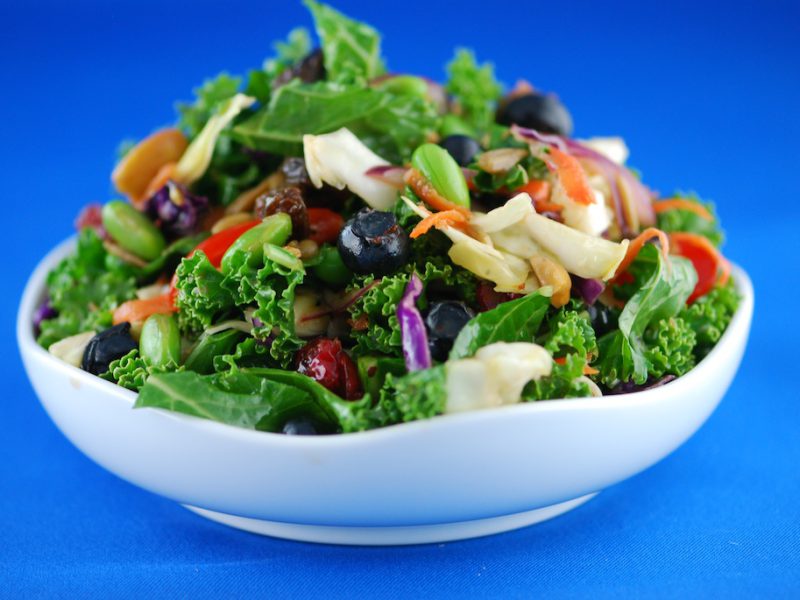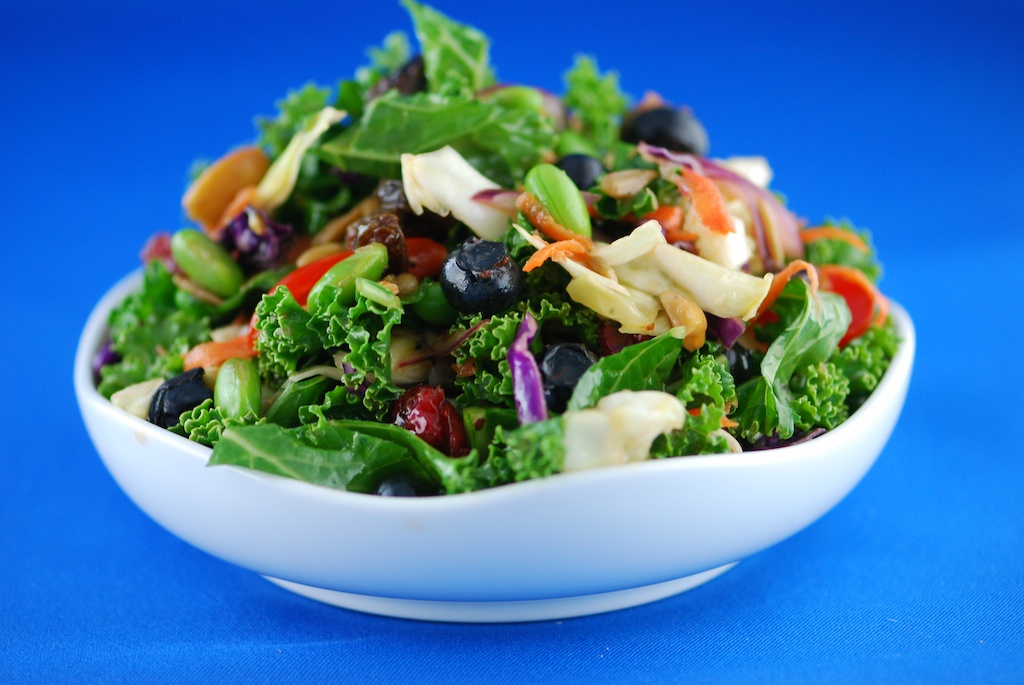Peanuts Nutrition Facts and Health Benefits: A Nutrient-Packed Powerhouse Outlines of Article
Introduction:
Peanuts, often referred to as groundnuts, are legumes that have been a popular snack for centuries. Not only are they delicious, but they also offer an impressive array of nutritional benefits. In this article, we will explore the nutrition facts and health benefits of peanuts, addressing frequently asked questions to help you understand why this humble legume deserves a place in your diet.
Nutrition Facts:
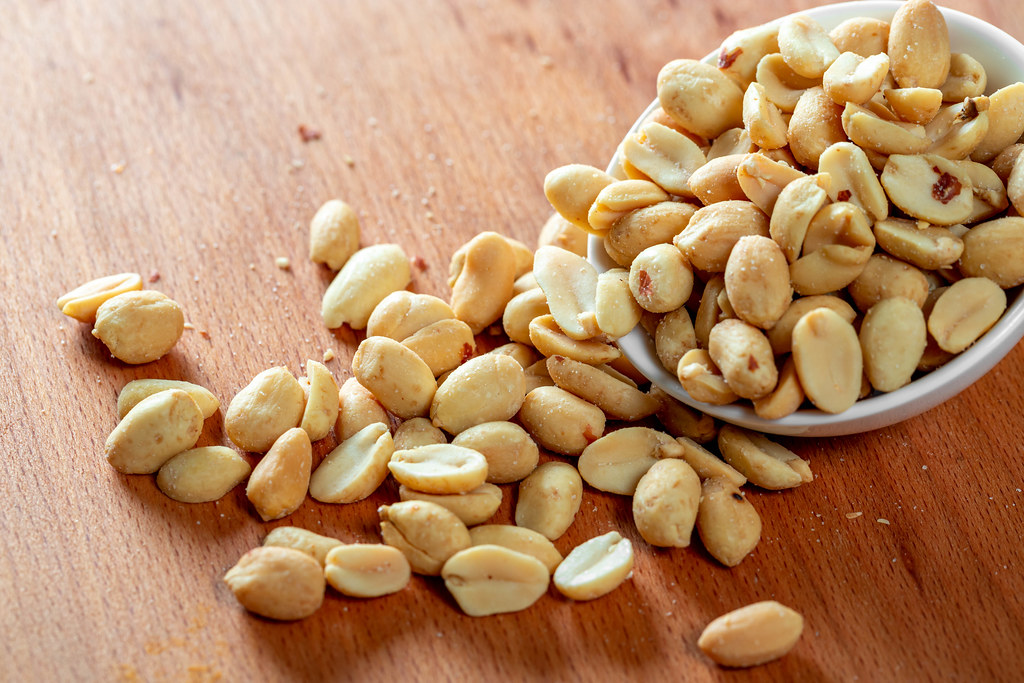
Peanuts are rich in essential nutrients that contribute to overall health and well-being. Here are the key nutritional components found in peanuts:
1. Protein:
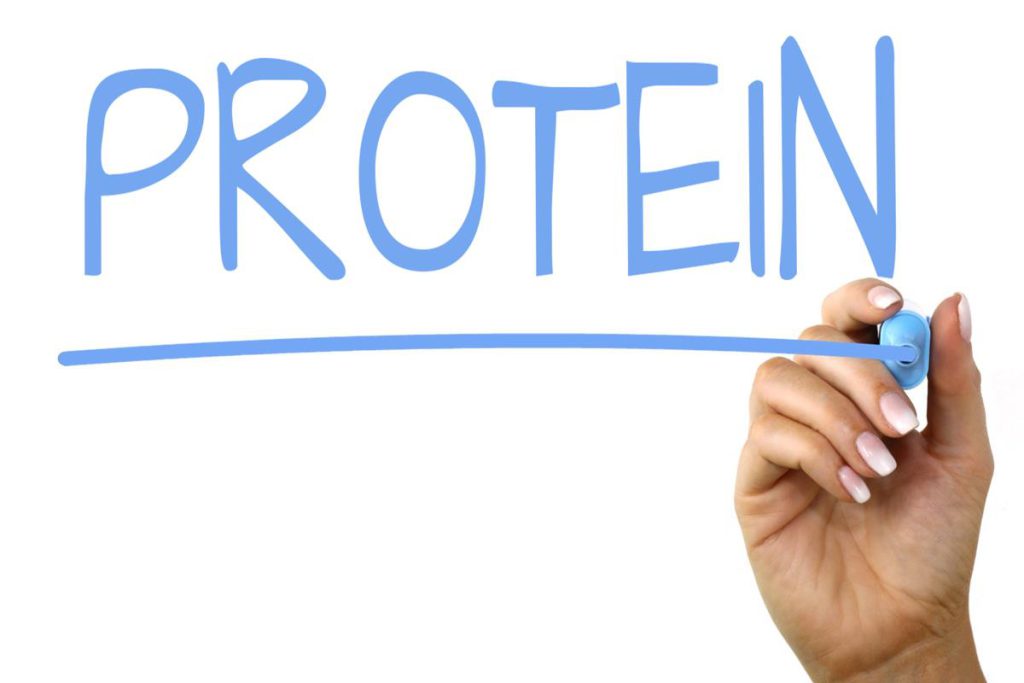
Peanuts are an excellent source of factory- grounded protein, making them a precious addition to submissive and vegan diets.
A 1-ounce (28 grams) serving of peanuts provides approximately 7 grams of protein.
2. Healthy Fats:

Peanuts contain monounsaturated and polyunsaturated fats, including omega-3 and omega-6 fatty acids, which support heart health.
These healthy fats help reduce bad cholesterol levels and promote a healthy balance of lipid profiles.
3. Vitamins:

Peanuts are rich in various vitamins, including B vitamins such as niacin, folate, thiamine, and riboflavin.
Niacin, in particular, plays a crucial role in energy metabolism and skin health.
4. Minerals:
Peanuts provide essential minerals like magnesium, phosphorus, potassium, and zinc.
Magnesium is important for muscle and nerve function, while phosphorus contributes to bone health.
5. Dietary Fiber:
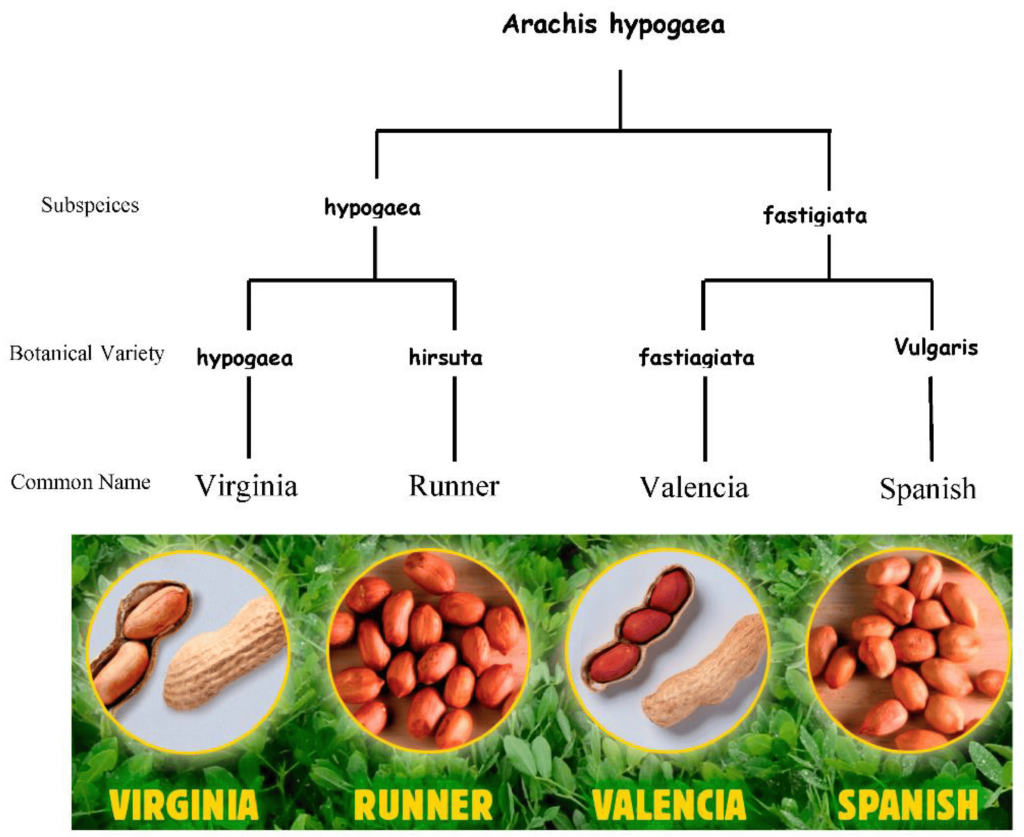
Peanuts are a good source of dietary fiber, promoting digestive health and helping maintain a feeling of fullness.
Fiber also aids in regulating blood sugar levels.
Health Benefits:

1. Heart Health:
The monounsaturated and polyunsaturated fats in peanuts contribute to heart health by lowering bad cholesterol levels and reducing the risk of cardiovascular diseases.
2. Weight Management:

The combination of protein and fiber in peanuts helps control appetite, making them a satisfying and nutritious snack that can aid in weight management.
3. Blood Sugar Control:
The fiber content in peanuts slows down the absorption of sugar, helping to regulate blood sugar levels and reduce the risk of type 2 diabetes.
4. Antioxidant Properties:
Peanuts contain antioxidants, similar as resveratrol, which may have anti-inflammatory and anti-cancer parcels.
5. Nutrient Absorption:
The healthy fats in peanuts aid in the absorption of fat-soluble vitamins, enhancing the overall nutritional value of your diet.
Frequently Asked Questions (FAQs):
1. Can peanuts be part of a weight loss diet?
Yes, in moderation. The combination of protein and fiber in peanuts can help control appetite, supporting weight loss efforts.
2. Are there any allergic concerns with peanuts?
Peanuts are a common allergen, and individuals with peanut allergies should avoid them. It’s essential to read food labels and be cautious about cross-contamination.
3. Are roasted or raw peanuts better?
Both roasted and raw peanuts offer nutritional benefits. However, roasted peanuts may have a slightly lower nutrient content due to the cooking process. Opt for unsalted and minimally processed varieties for maximum health benefits.
4. Can peanuts be part of a diabetic diet?
Yes, in moderation. The fiber in peanuts can help regulate blood sugar levels, making them a suitable snack for individuals with diabetes. However, it’s crucial to monitor portions.
Conclusion:
Peanuts are not only a tasty and convenient snack but also a nutrient-packed powerhouse with numerous health benefits. Incorporating them into your diet can contribute to heart health, weight management, and overall well-being. As with any food, moderation is key, and individuals with allergies or specific dietary considerations should exercise caution. By understanding the nutrition facts and health benefits of peanuts, you can make informed choices to enhance your nutritional intake and enjoy a delicious and nutritious snack.



